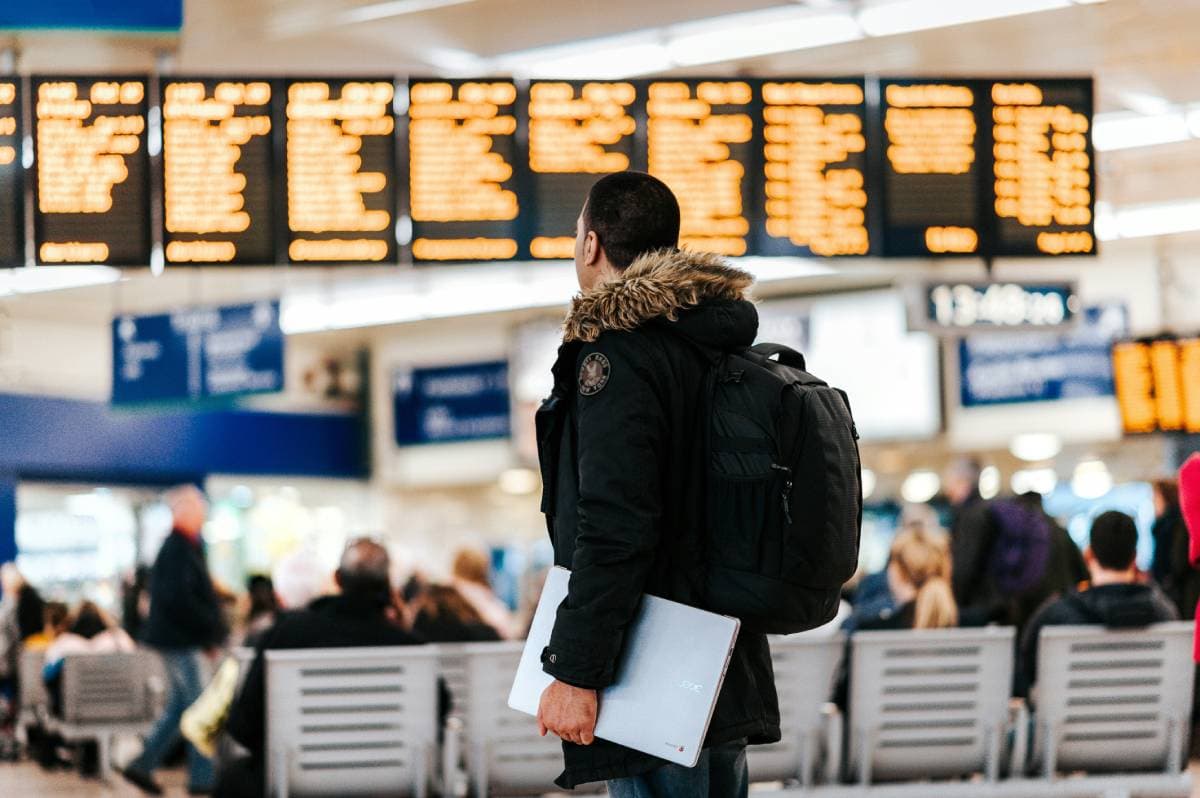Starting Monday, travellers at Oslo Airport should anticipate significant delays at border control due to a substantial reduction in staff affecting border control.
According to the Eastern Police District, both arriving and departing passengers should prepare for wait times of up to 2-3 hours.
READ MORE: Why Norway's public sector strike is likely to drag on
Travellers leaving the Schengen area are advised to arrive well in advance.
A similar situation could also unfold at Bergen Airport Flesland, according to local newspaper Bergens Tidende (BT).
Strike escalation
The public sector strike in Norway intensified on Monday.
An additional 1,736 Confederation of Unions for Professionals (Unio) union members joined, bringing the total on the Unio side to 3,300 strikers.
This escalation will heavily impact police services, air travel, and higher education across Norway.
Nearly 300 university employees in Oslo and Akershus are on strike, causing multiple exam postponements at the University of Oslo (UiO), the Norwegian University of Life Sciences (NMBU), and Oslo Met, according to the newspaper Khrono.
National security sector strike halted by Labour Minister Brenna
Norway's Labour Minister Tonje Brenna has halted the strike in the national security sector by the Federation of Norwegian Professional Associations (Akademikerne) due to national security concerns.
The National Security Authority (NSM) warned that it could not maintain essential services if the strike continued.
"Given the serious situation reported by the NSM, I have no other choice but to stop the strike," Brenna said.
The Akademikerne union, which had planned extensive strikes affecting over half of the NSM's workforce, is now barred from continuing the action.
Before the Labour Minister intervened to halt the national security sector strike, Akademikerne was expected to have over 2,250 additional strikers on Monday. However, following Minister Brenna's decision, the exact number is now uncertain.
How (and why) the strike started
The public sector strike occurred because unionised workers failed to agree on a collective bargaining deal with the state.
This year's talks concern the entire collective bargaining agreement, not just wages. Four unions have been locked in talks with the government.
READ MORE: How Norway’s public sector strike will affect you
The branch of the Norwegian Confederation of Trade Unions (LO), which represents state employees, and the Confederation of Vocational Unions (YS) managed to agree on a deal with the state.
However, the talks between the state, the Federation of Norwegian Professional Associations and the Confederation of Unions for Professionals broke down.

Join the conversation in our comments section below. Share your own views and experience and if you have a question or suggestion for our journalists then email us at [email protected].
Please keep comments civil, constructive and on topic – and make sure to read our terms of use before getting involved.
Please log in here to leave a comment.